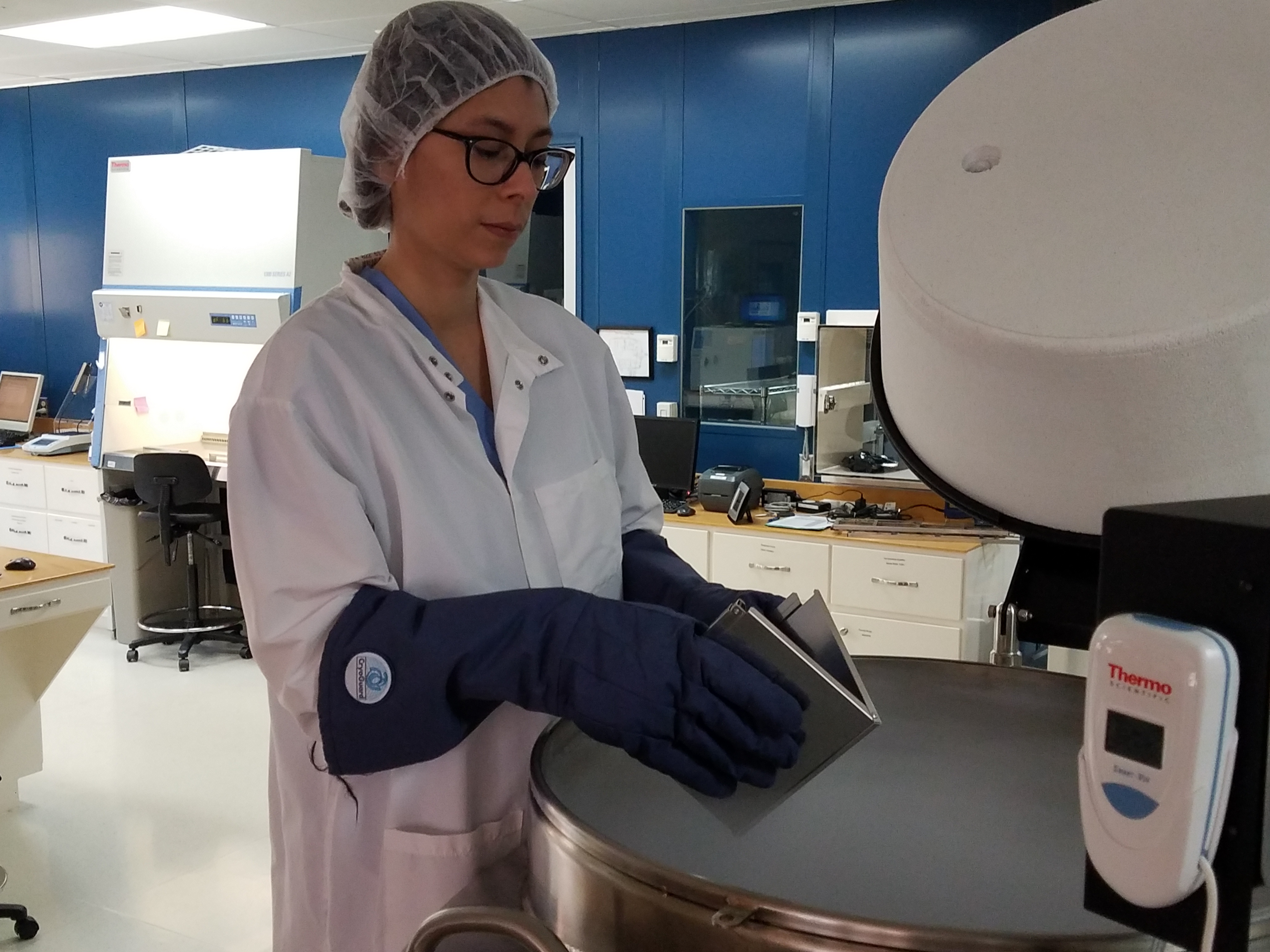
In the past, cord blood was considered medical waste and was tossed into the garbage. Researchers have been investigating stem cells for over thirty year and realized the similarities between bone marrow and cord blood stem cells. For this reason, both private and public cord blood storage banks have been playing a key role in this advancement of the medical technology. There is a great need for a diverse inventory of cord blood for large scale clinical trials. Private banking could be considered an insurance policy for the future.
Please don’t throw it away!
Private Cord Blood Bank
Cord blood banking is simple, safe and secure. The collection process does not hurt the mother or baby and does not interfere with the birthing experience. Delayed clamping does NOT affect the collection of cord blood, cord tissue or the placenta. “The opportunity to store your child’s cord blood stem cells only happens at the time of birth and can be used for your baby and immediate family.
In years past, the technology was not refined and very few stem cell transplants were conducted. Now, thousands of cord blood transplants have been conducted and several hundred clinical trials are underway. Nearly every medical specialty is investigating the healing powers of stem cell therapy. Private cord blood banking ensures that you have exclusive rights to your baby’s cord blood and can be a medical resource in fighting devastating chronic and acute diseases. Your family will have the ability to retrieve the cord blood stem cells for a medical procedure that might cure a loved one’s disease.
Today, most cord blood stem cell transplants in the United States are conducted under clinical trials. It takes many years for the FDA to approve new medical treatments, so we recommend learning more about the successful outcomes of existing clinical research and then make your decision to bank your child’s cord blood. Lives are being saved all over the world with the use of cord blood derived stem cells.
For more information on cord blood clinical research, visit www.clinicaltrials.gov.
